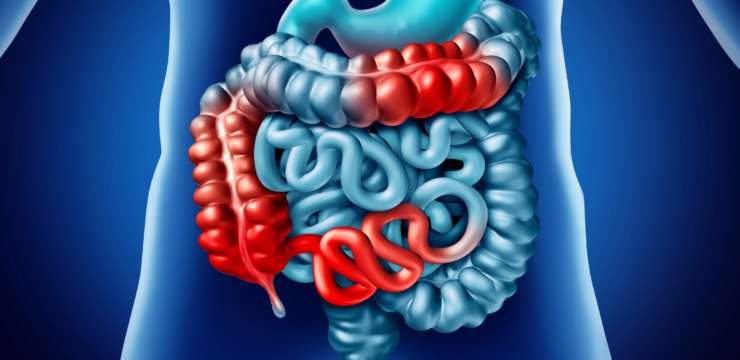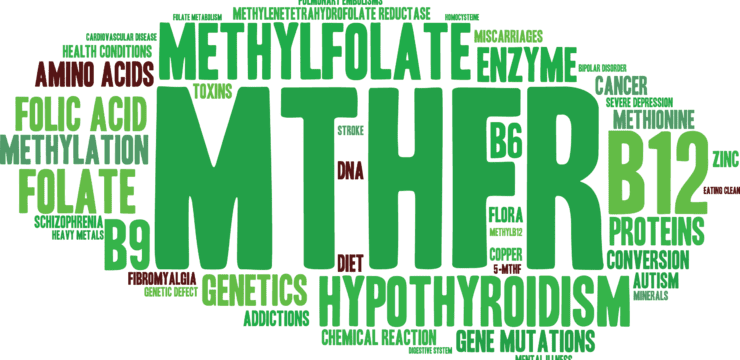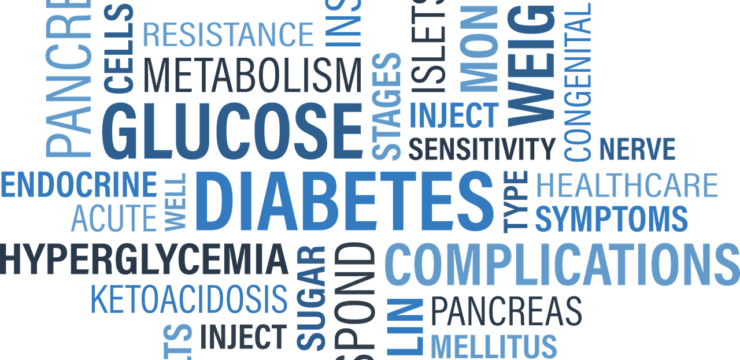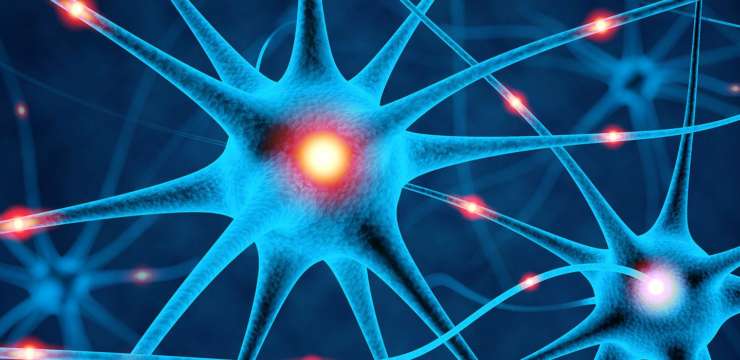Crohn’s disease is an inflammatory bowel disease (IBD). IBDs are health issues that affect the digestive tract by causing inflammation that lasts longer than an…

Wellness:Â A key factor to spine or back pain conditions is staying healthy. Overall wellness involves a balanced diet, appropriate exercise, physical activity, restful sleep and a healthy lifestyle. The term has been applied in many ways. But overall the definition is as follows. It is a conscious, self-directed and evolving process of achieving full potential. It is multidimensional, bringing together lifestyle both mental/spiritual and the environment in which one lives. There are six dimensions that all go into wellness. Working on all six dimensions helps an individual to become truly well. It is positive and affirms that which we do is in fact correct. It is an active process where people become aware and make choices towards a more successful lifestyle. This includes how a person contributes to their environment/community. They aim to build healthier living spaces and social networks. It helps in creating a person’s belief systems, values, and a positive world perspective. Along with this comes the benefits of regular exercise, healthy diet, as well as personal self-care and knowing when to seek medical attention. Dr. Jimenez’ message is to work towards being fit, being healthy, and staying aware with our collection of articles, blogs and videos. Health coaching incorporates all six dimensions and works with individuals on how they can achieve optimal wellness in these areas.

Crohn’s disease is an inflammatory bowel disease (IBD). IBDs are health issues that affect the digestive tract by causing inflammation that lasts longer than an…

Our brain is constantly working to help us make decisions, speak, read, and perform many other important functions. It’s also responsible for several involuntary processes,…

Join us for a LIVE podcast with Lizette Ortiz to discuss nutrition tips during this time, suggested exercise types, the importance of warm-ups, and how…

One of the most important nutrients in the body is Co-Enzyme Q10 (CoQ10). CoQ10 is involved in the electron transport chain as well as playing a role in endothelial function. As of late, the medical literature has shown that statin medications like Lipitor, Crestor, and Zecor shut down the production of CoQ10. CoQ10 is needed for many biochemical reactions throughout the body. However, one of the most important factors to realize is that when CoQ10 is depleted in the body we have adverse reactions like the LDL cholesterol becoming oxidized. This event unleashes further destruction to the body and results in the LDL cholesterol drilling holes in the arterial wall, causing extreme inflammation. Inflammation is directly linked to chronic health conditions as well as an increased risk of heart attacks and stroke.

Folate is a B vitamin naturally found in a variety of foods. The body can’t produce folate, that’s why it’s important to get it from…

Fructose is one of the main components of added sugar. It is a simple type of sugar that makes up about 50 percent of table…

Folate, and its synthetic form folic acid, is a water-soluble B vitamin that plays a fundamental role in a variety of functions in the human…

Our diet can significantly affect inflammation in our bodies. Several foods can increase inflammation while other foods can reduce inflammation. According to healthcare professionals, a…

The MTHFR or methylenetetrahydrofolate reductase gene is well-known due to a genetic mutation that may cause high homocysteine levels and low folate levels in the…

Calories are defined as a measurement of the energy our body produces from the foods we eat. However, not all calories are created equal. If…

Nutrition is considered to be one of the most well-understood environmental factors associated with changes in the epigenome. Nutrients in the foods we eat are…

Insulin is an essential hormone that regulates blood sugar levels. It is naturally produced in the pancreas and helps move excess glucose from the bloodstream…

Researchers are trying to understand how nutrigenomics can affect a person’s health. Studies have shown that epigenetics increases the risk of several health issues. Other…

One of the best ways to reduce your chances of developing type 2 diabetes, or slow down the progression/reverse a diagnosis is to start with reducing inflammation. This is done by starting in the kitchen. Evaluate diet first. We should be eating clean locally sourced organic foods to fuel our cells and alter our genetic expression in a positive way. By eating pizza and chips we are adding fuel to the inflammation fire and throwing constant reactors at our genes, altering their expression to be pro-inflammatory rather than anti-inflammatory.

The term allostatic load refers to any type of stress occurring in the body for long periods of time. Types of stress we encounter daily from environmental stress or psychological stress have the ability to alter the way our body operates. Stress is directly linked to causing inflammation. Stressors include: Trauma/mechanical, Infection, Toxicology, Nutrient Imbalance, Neurology, and Electromagnetic. When these stressors are present and coupled with genetic polymorphisms or epigenetics we see chronic issues arise. The chronic health conditions we see from stressors and epigenetics are IBS, Fatigue, Leaky Gut, Pain, Weight, Thyroid, Inflammation, Autoimmune, Depression, and Insulin Resistance.

Healthcare professionals commonly give nutritional recommendations based on an entire population, only sometimes changing these according to age, sex, and pregnancy. Over the last 20…

The mitochondria is the “powerhouse of the cellâ€. It obtained this nickname by being the creator of ATP, or the energy our body produces to carry out functions. However, the mitochondria is responsible for so much more than that. More recently, studies have been showing a link between mitochondrial health and degenerative age-related diseases such as type 2 diabetes, Alzheimer’s, and others. Mitochondrial dysfunction can be linked and grouped into three categories: neurodegenerative diseases, immune diseases, and hepatic diseases.